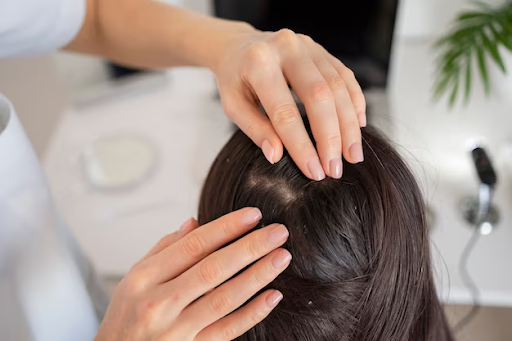Urinary tract infection is an infection caused by yeast or bacteria in the urethra, urinary bladder, uterus, and kidney. These infections are more common in females compared to males due to the anatomy of the genital system.
The most common cause of UTI is bacterial growth, often by E.coli. Different factors contributing to urinary tract infections include inadequate personal hygiene, a weak immune system, and catheter use. Pregnancy increases the chances of developing a urinary tract infection. Aging and diabetes also increase the incidence of UTIs.
Another important factor is sexual activity, which increases the risk of UTIs because unhygienic and unprotected sex can lead to infection. Sexual intercourse can introduce bacteria into the urethra, commonly known as Honeymoon cystitis.
Management of UTI
Hydration plays a significant role in reducing UTIs. Drinking plenty of water can flush out bacteria and decrease the concentration of urine, inhibiting bacterial growth.
Probiotic supplements promote the growth of beneficial bacteria to improve microbial flora, maintaining a balanced condition and preventing the growth of harmful bacteria.
Introducing cranberry into the diet can reduce the growth of bacteria adhering to the urinary tract wall. Yogurt is also a dietary source of probiotics.
Avoid holding urine for prolonged periods, as this can promote bacterial growth in the urinary tract. Teenagers and individuals who hold their urine during their periods are more prone to infections.
Using cotton underwear helps reduce moisture and keeps the genital area dry. Avoid tight-fitting pants and underwear, as these can increase the growth of bacteria.
Urinating before and after sexual intercourse can reduce the chance of infection by flushing out bacteria introduced during sex.
Females commonly use perfumed products, bubble baths, and harsh soaps that can irritate the genital area. It’s recommended to use mild soap or vaginal wash.
Supplements like D-mannose and herbal remedies, including uva-ursi and golden seal, can decrease the chances of UTIs.
Urinary tract infections have a higher chance of recurrence, so managing UTIs is crucial. Untreated UTIs can be painful and complicated. UTIs are confirmed through urine analysis and should be treated by a healthcare provider.


